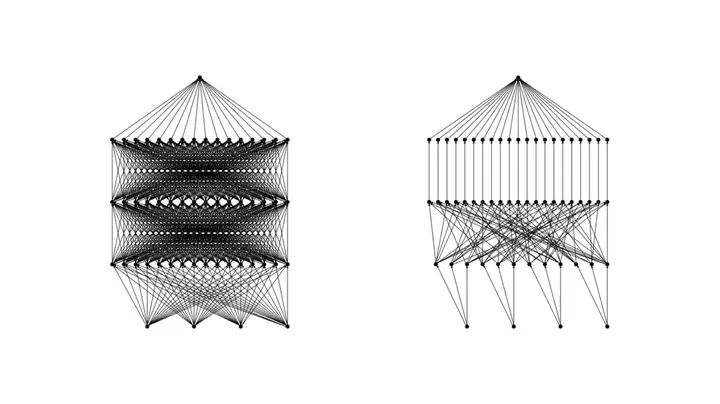The Morphetic Epsilon-Delayed Neuro-Fuzzy Network: A General Architecture for Transparent Rule-Based Decision-Making

Abstract
Neuro-fuzzy networks are a transparent function approximation technique that embodies human-readable knowledge while retaining the performance of conventional neural architectures. Their transparency may facilitate human-in-the-loop eXplainable AI and knowledge transfer. Still, despite these advantages, there remains no universally agreed upon systematic design of said systems as their construction is often application-dependent. Here, we introduce a new class of neuro-fuzzy architectures called Morphetic Epsilon-Delayed Neuro-Fuzzy Networks inspired by network morphism and the Gumbel-Max mechanism. It is the first neuro-fuzzy network to construct itself purely from gradient signals. We show that our technique is generalizable across online and offline reinforcement learning scenarios and can handle computer vision domains.